Rome, 7-11 October 2024: COLEAD and IPPC (FAO) join forces to strengthen national phytosanitary systems
- 29/10/2024
- Posted by: Sandra Borma
- Category: News
No Comments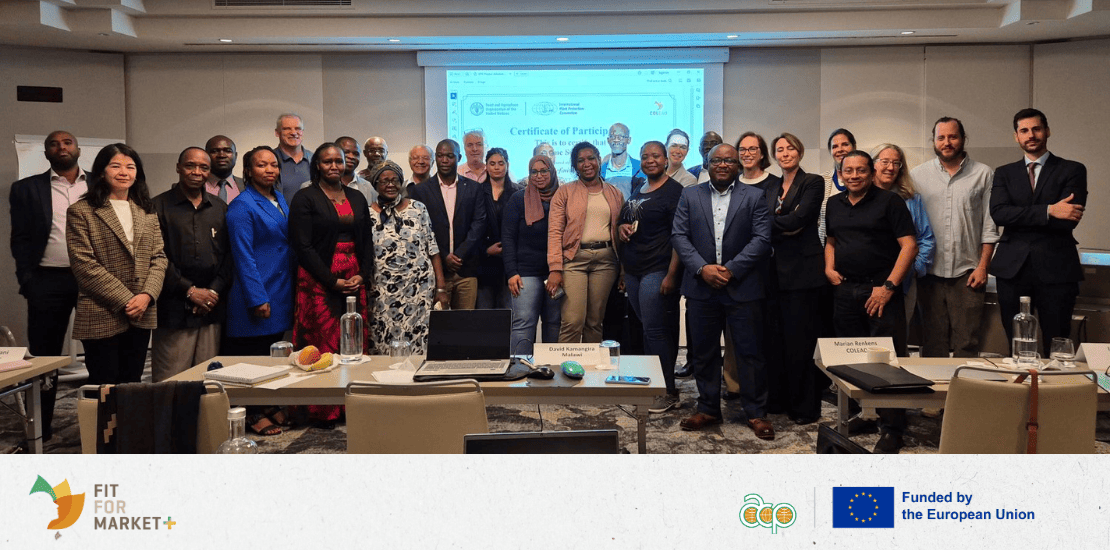 Rome, 7-11 October 2024: COLEAD and IPPC (FAO) join forces to strengthen national phytosanitary systems The COLEAD IPPC workshop, held in Rome from 7 to 11 October 2024, brought together 46 participants, including PCE (Phytosanitary Capacity Evaluation) Facilitators, National PCE Coordinators and Heads of National Plant Protection Organizations (NPPOs) (12 online and 34 face-to-face). The focus was on sharing best practices and promoting peer-to-peer learning, while working together on the development of nine projects from Djibouti, Egypt, Eswatini, Malawi,… +
Rome, 7-11 October 2024: COLEAD and IPPC (FAO) join forces to strengthen national phytosanitary systems The COLEAD IPPC workshop, held in Rome from 7 to 11 October 2024, brought together 46 participants, including PCE (Phytosanitary Capacity Evaluation) Facilitators, National PCE Coordinators and Heads of National Plant Protection Organizations (NPPOs) (12 online and 34 face-to-face). The focus was on sharing best practices and promoting peer-to-peer learning, while working together on the development of nine projects from Djibouti, Egypt, Eswatini, Malawi,… +The R-SAT tool at the service of the IPPC assessment system
- 27/09/2024
- Posted by: Sandra Borma
- Category: News
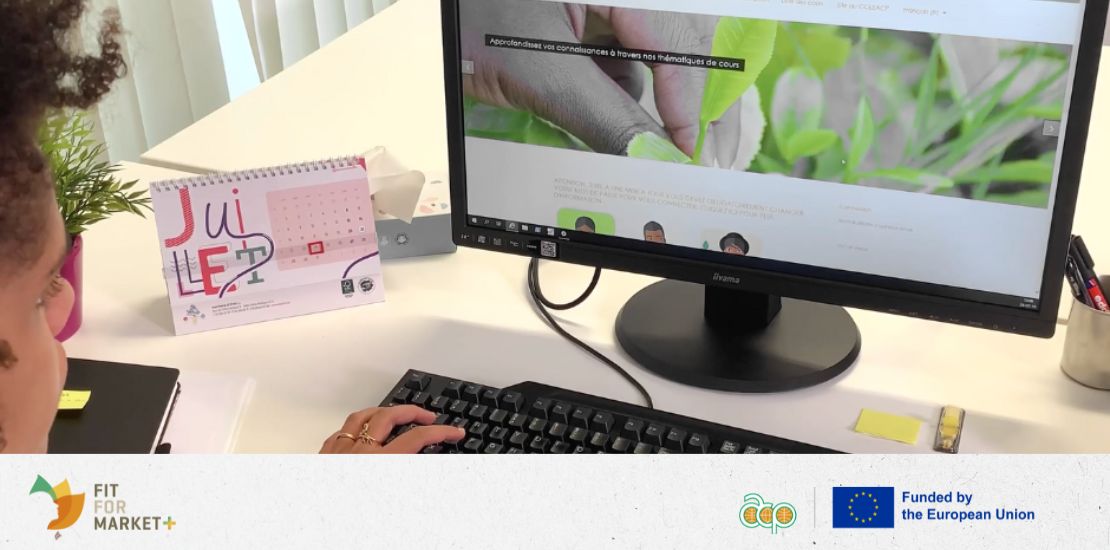 The R-SAT tool at the service of the IPPC assessment system COLEAD, through the FFM+ programme and as part of its partnership with the IPPC, has recently developed a one-month training session (29 July to 28 August) on its R-SAT tool to meet the specific needs of the IPPC PCE (Phytosanitary Capacity Evaluation). This is in the context of sharing best practices, the successful implementation of RSAT in the target region and the desire to harmonise the capacity building… +
The R-SAT tool at the service of the IPPC assessment system COLEAD, through the FFM+ programme and as part of its partnership with the IPPC, has recently developed a one-month training session (29 July to 28 August) on its R-SAT tool to meet the specific needs of the IPPC PCE (Phytosanitary Capacity Evaluation). This is in the context of sharing best practices, the successful implementation of RSAT in the target region and the desire to harmonise the capacity building… +Continued strengthening of the technical capacity of the contracting parties to adopt the IPPC effectively and efficiently
- 01/07/2024
- Posted by: Sandra Borma
- Category: News
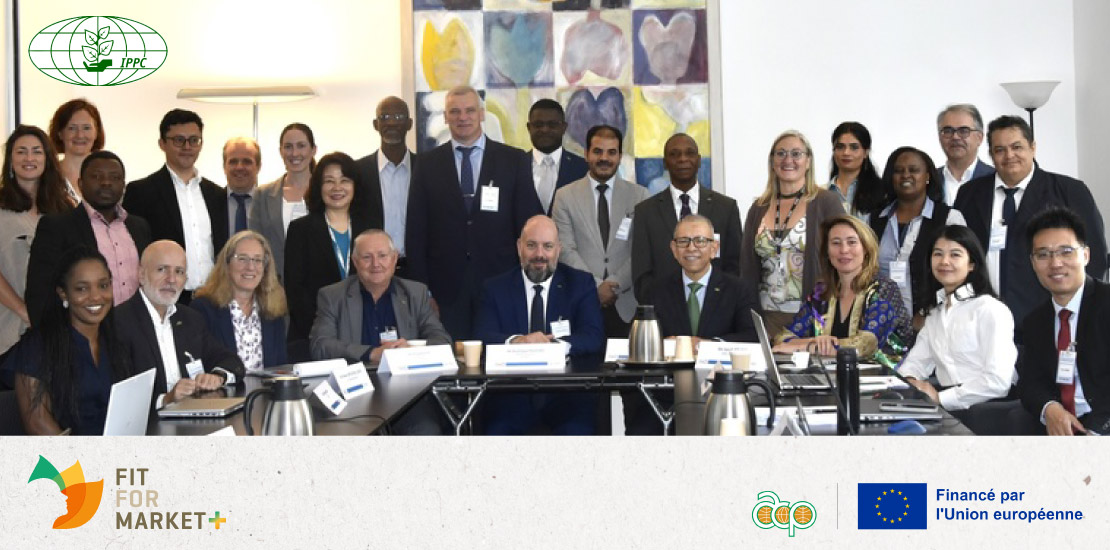 Continued strengthening of the technical capacity of the contracting parties to adopt the IPPC effectively and efficiently. The Implementation and Capacity Development Committee (IC) met from 13-17 May 2024 in Rome, Italy, to discuss strategies of enhancing the technical capacity of contracting parties to effectively and efficiently adopt the International Plant Protection Convention (IPPC) and implement plant health standards. The IC is one of the subsidiary bodies of the Commission on Phytosanitary Measures (CPM), the IPPC’s main governing body.… +
Continued strengthening of the technical capacity of the contracting parties to adopt the IPPC effectively and efficiently. The Implementation and Capacity Development Committee (IC) met from 13-17 May 2024 in Rome, Italy, to discuss strategies of enhancing the technical capacity of contracting parties to effectively and efficiently adopt the International Plant Protection Convention (IPPC) and implement plant health standards. The IC is one of the subsidiary bodies of the Commission on Phytosanitary Measures (CPM), the IPPC’s main governing body.… +Digital technology and strategic partnerships for vocational training in sustainable agriculture
- 29/01/2024
- Posted by: Sandra Borma
- Category: News
 Highlighting the IPPC (FAO) COLEAD collaboration in SPS e-learning. The International Plant Protection Convention (IPPC) is a multilateral treaty for international cooperation in plant protection. The Convention has 182 signatories. Countries wishing to become contracting parties to the IPPC should send their instruments of accession to the Director-General of the FAO. The IPPC aims to ensure coordinated and effective action to prevent and control the introduction and spread of organisms harmful to plants and plant products. This is achieved… +
Highlighting the IPPC (FAO) COLEAD collaboration in SPS e-learning. The International Plant Protection Convention (IPPC) is a multilateral treaty for international cooperation in plant protection. The Convention has 182 signatories. Countries wishing to become contracting parties to the IPPC should send their instruments of accession to the Director-General of the FAO. The IPPC aims to ensure coordinated and effective action to prevent and control the introduction and spread of organisms harmful to plants and plant products. This is achieved… +New and emerging plant health challenges at IPPC event in London
- 28/10/2022
- Posted by: Gaetan Dermien
- Category: ACP EN, News
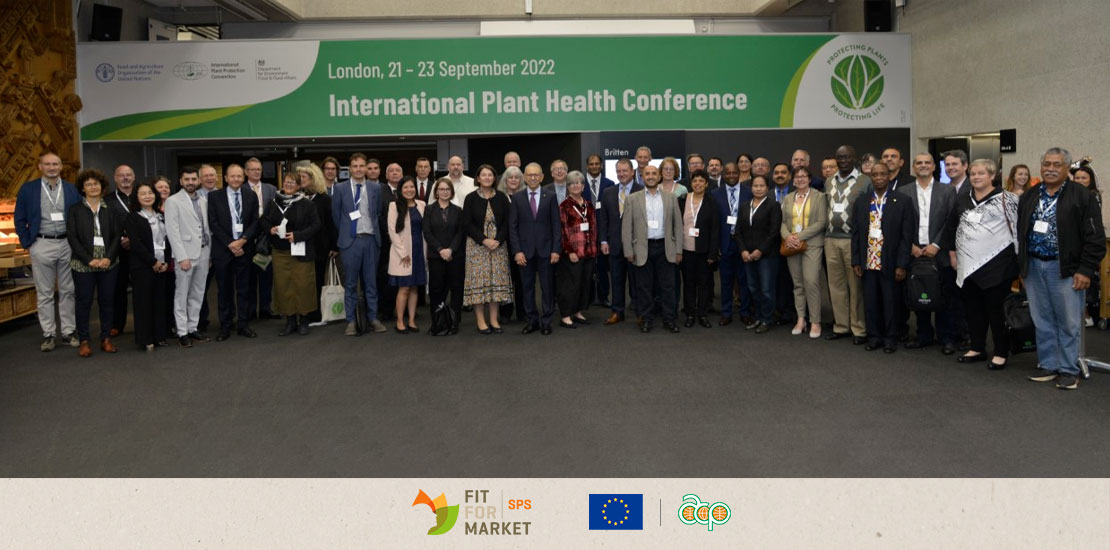 Plant health is a key factor in any strategy to achieve food security, protect the environment and biodiversity, and facilitate safe trade. The First International Plant Health Conference, held from 21–23 September 2022 in London, aimed to address new and emerging plant health challenges, including climate change impacts, the risks associated with significant increase in international trade, the rapid loss of biological diversity and new pest pathways, such as e-commerce, by exploring more efficient national, regional and global policies, structures… +
Plant health is a key factor in any strategy to achieve food security, protect the environment and biodiversity, and facilitate safe trade. The First International Plant Health Conference, held from 21–23 September 2022 in London, aimed to address new and emerging plant health challenges, including climate change impacts, the risks associated with significant increase in international trade, the rapid loss of biological diversity and new pest pathways, such as e-commerce, by exploring more efficient national, regional and global policies, structures… +Suriname: Eggplant R-SAT Validation Workshop
- 13/07/2022
- Posted by: Gaetan Dermien
- Category: News, Suriname
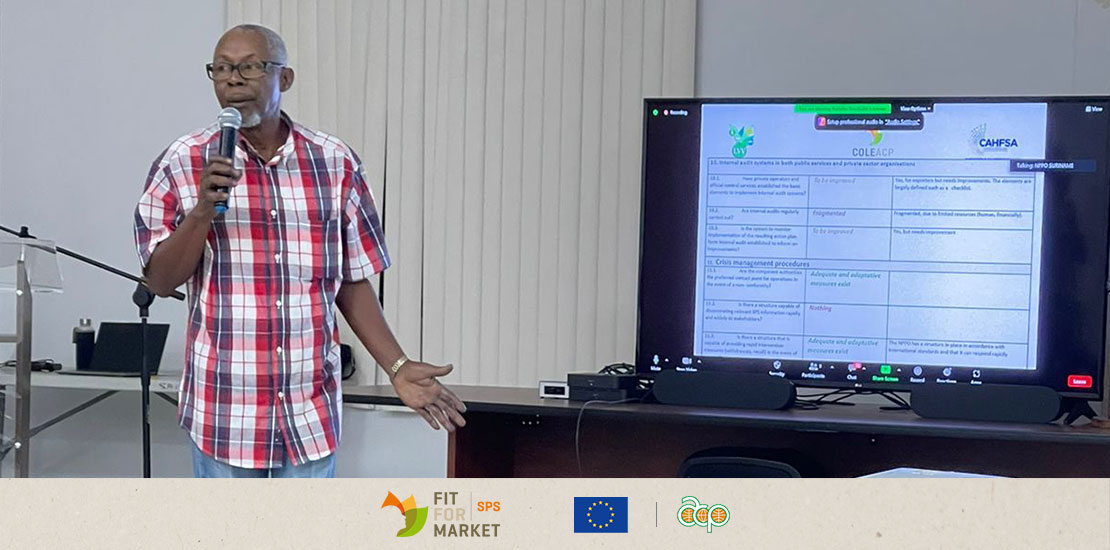 On 24 May the Ministry of Agriculture, Animal Husbandry & Fisheries of the Republic of Suriname, in collaboration with COLEACP (Fit For Market SPS programme) and the Caribbean Agricultural Health & Food Safety Agency (CAHFSA), held a one-day Eggplant R-SAT Validation Workshop in Paramaribo, bringing together 20 key representatives from the public and private horticulture sectors. Prior to the Suriname workshop, a COLEACP expert team facilitated the dialogue and engagement between key stakeholders, both public and private, in their assessment… +
On 24 May the Ministry of Agriculture, Animal Husbandry & Fisheries of the Republic of Suriname, in collaboration with COLEACP (Fit For Market SPS programme) and the Caribbean Agricultural Health & Food Safety Agency (CAHFSA), held a one-day Eggplant R-SAT Validation Workshop in Paramaribo, bringing together 20 key representatives from the public and private horticulture sectors. Prior to the Suriname workshop, a COLEACP expert team facilitated the dialogue and engagement between key stakeholders, both public and private, in their assessment… +News digest: Agri-food Systems and Sustainability
- 08/04/2022
- Posted by: Gaetan Dermien
- Category: ACP EN, News
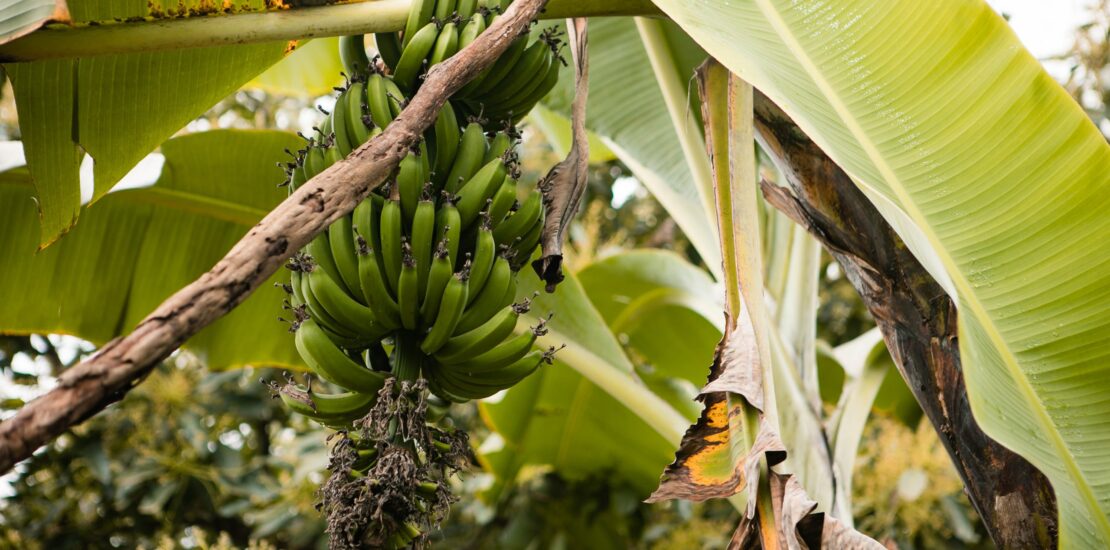 Climate IPCC issues bleakest warning yet on climate breakdown The Intergovernmental Panel on Climate Change (IPCC) has published its latest report on the state of the climate crisis. It states that climate breakdown is accelerating rapidly and many of the impacts will be more severe than predicted. Everywhere is affected, with no inhabited region escaping dire impacts from rising temperatures and increasingly extreme weather. About half the global population – between 3.3 and 3.6 billion people – live in areas… +
Climate IPCC issues bleakest warning yet on climate breakdown The Intergovernmental Panel on Climate Change (IPCC) has published its latest report on the state of the climate crisis. It states that climate breakdown is accelerating rapidly and many of the impacts will be more severe than predicted. Everywhere is affected, with no inhabited region escaping dire impacts from rising temperatures and increasingly extreme weather. About half the global population – between 3.3 and 3.6 billion people – live in areas… +IPPC/FAO RELEASE GUIDELINES
- 26/11/2021
- Posted by: Sandra Borma
- Category: Angola, Cameroon, Caribbean, Ethiopia, Gambia, Ghana, Kenya, Mauritius, News, Nigeria, Pacific, Rwanda, Sierra Leone, Tanzania, Uganda, Zimbabwe
 On 18 November the International Plant Protection Convention (IPPC) Secretariat and the Food and Agriculture Organization (FAO) released new guidelines on fall armyworm (FAW): “Prevention, preparedness and response guidelines for Spodoptera frugiperda“. Fall armyworm is affecting plant health in more than 70 countries, with many others at high risk of introduction. The guidelines offer globally harmonized measures and actions that countries can take to minimise the spread of the pest and protect their territories. It is a transboundary pest that… +
On 18 November the International Plant Protection Convention (IPPC) Secretariat and the Food and Agriculture Organization (FAO) released new guidelines on fall armyworm (FAW): “Prevention, preparedness and response guidelines for Spodoptera frugiperda“. Fall armyworm is affecting plant health in more than 70 countries, with many others at high risk of introduction. The guidelines offer globally harmonized measures and actions that countries can take to minimise the spread of the pest and protect their territories. It is a transboundary pest that… +Resource for NPPOs: Phytosanitary awareness and R-SAT
- 25/10/2021
- Posted by: Gaetan Dermien
- Category: Africa
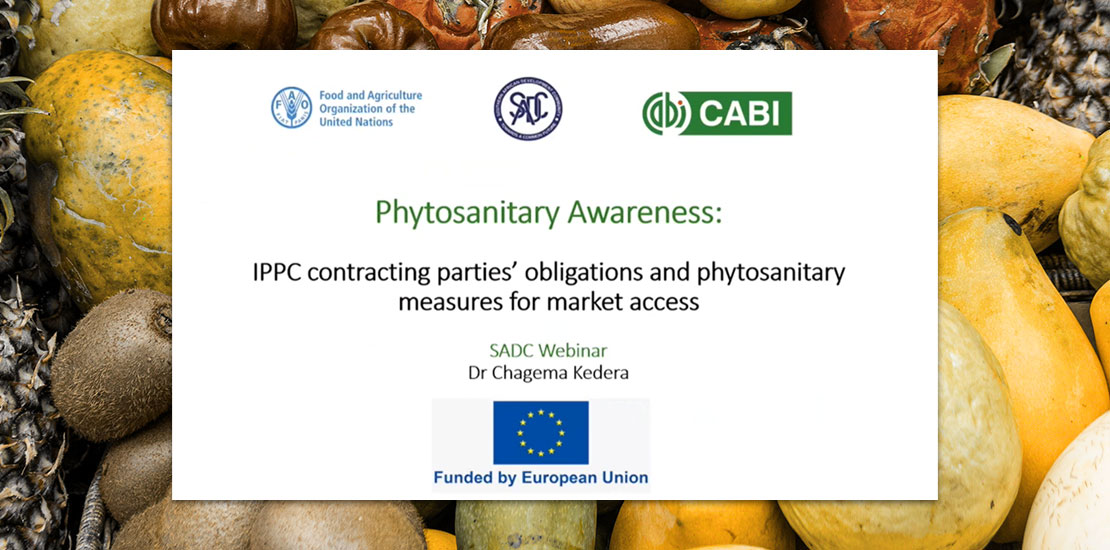 Dr Chagema Kedera, NExT Kenya Programme Coordinator, presented a webinar organised by CABI on “Phytosanitary Awareness: IPPC contracting parties’ obligations and phytosanitary measures for market access” to over 70 participants. The presentation covers the obligations of contracting parties to the International Plant Protection Convention (IPPC); the functions of National Plant Protection Organisations (NPPOs); International Standards for Phytosanitary Measures (ISPMs); and the IPPC Market Access Guide. You can view the webinar here: The video also explains COLEACP’s Rapid SPS Assessment Tool… +
Dr Chagema Kedera, NExT Kenya Programme Coordinator, presented a webinar organised by CABI on “Phytosanitary Awareness: IPPC contracting parties’ obligations and phytosanitary measures for market access” to over 70 participants. The presentation covers the obligations of contracting parties to the International Plant Protection Convention (IPPC); the functions of National Plant Protection Organisations (NPPOs); International Standards for Phytosanitary Measures (ISPMs); and the IPPC Market Access Guide. You can view the webinar here: The video also explains COLEACP’s Rapid SPS Assessment Tool… +Caribbean: Participatory training on implementation of official controls
- 09/07/2021
- Posted by: Gaetan Dermien
- Category: Antigua and Barbuda, Barbados, Caribbean, Guyana, Jamaica
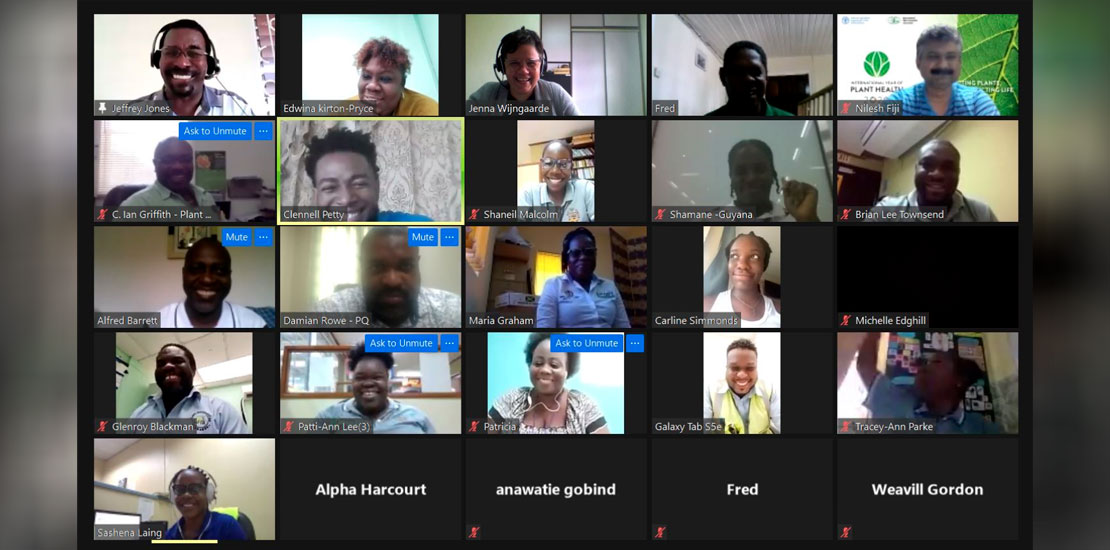 In June, a third virtual training course on implementing official controls was provided for inspectors in the Caribbean. Inspectors from Antigua and Barbuda, Barbados, Guyana and Jamaica took part in the training, which involved eight interactive Zoom sessions, including participatory group assignments and presentations. A special session was also provided in Dutch for Suriname, with a blended programme of face-to-face and digital training. The 24 participants’ different experience and knowledge provided opportunities for sharing and learning, including via a WhatsApp… +
In June, a third virtual training course on implementing official controls was provided for inspectors in the Caribbean. Inspectors from Antigua and Barbuda, Barbados, Guyana and Jamaica took part in the training, which involved eight interactive Zoom sessions, including participatory group assignments and presentations. A special session was also provided in Dutch for Suriname, with a blended programme of face-to-face and digital training. The 24 participants’ different experience and knowledge provided opportunities for sharing and learning, including via a WhatsApp… +
